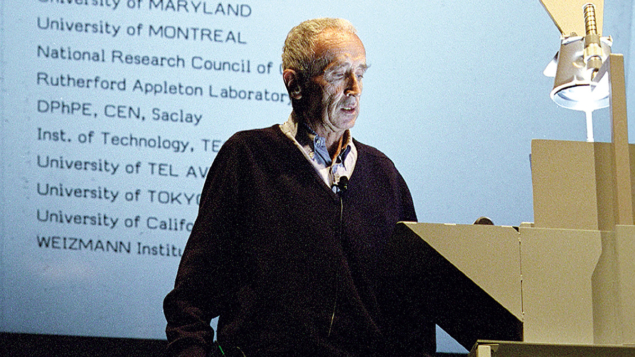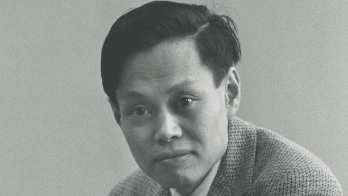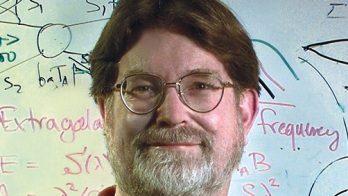
Aldo Michelini, who led OPAL and other important experiments at CERN, passed away at Easter at the age of 89. He was known as much for his kindness and care for his colleagues, particularly those embarking on their careers, as for the physics at which he excelled.
Aldo first came to CERN in 1960, bringing experience from several tracking-chamber experiments, including a stint with Jack Steinberger at Columbia University, and he lost no time in making an impact. One of his earliest contributions was to equip CERN’s Wilson chamber magnet with spark chambers, which he then used as part of a CERN/ETH/Imperial College/Saclay collaboration to measure properties of the K02 meson and pp and K–p charge-exchange interactions using a polarised target.
As the 1960s advanced, Aldo formed a partnership and life-long friendship with his compatriot, Mario Morpurgo, who was an early pioneer of superconducting magnet technology. The two were part of the small team spearheading the development of the Omega spectrometer, a general-purpose device built around a large superconducting magnet that could be arranged and configured according to the physics to be studied. Omega was initially equipped with spark chambers and installed on a PS beamline, receiving its first beam in 1972, and moved to the SPS in 1976 where it became the backbone of the fixed-target programme there for 20 years.
In 1973, Aldo headed a similar project to build a general-purpose spectrometer for the North Area. This became NA3, which was the first experiment to receive beam in the new SPS hadron hall, EHN1, in May 1978. NA3 embarked on a programme of high-mass dimuon production with π+, π–, K+, K–, p and p beams, enabling the first observation of upsilon production by pions. It also probed the structure of the incoming particles via the Drell–Yan process. The spectrometer carried out a string of valuable experiments under Aldo’s guidance until 1981, when he became spokesperson of the OPAL experiment being planned for LEP. Aldo remained at the helm of OPAL right up to his retirement in 1995.
OPAL was built around tried and tested technology, including a paradoxical novelty for Morpurgo: a warm magnet. Huge for its time, with a collaboration of some 300 people, OPAL was nevertheless the smallest of the four LEP experiments. It was a scale that lent itself well to Aldo’s unique style of management – leading through example and consensus. Colleagues remember him smiling and looking very worried, or more often than not, the other way around. This was strangely motivational, with team members striving to make him smile more and worry less. His personality shaped the unique OPAL team spirit. Despite his gentle nature, Aldo was more than capable of making tough choices, and winning over those who might initially have disagreed with him.
When OPAL detected the first Z boson at LEP on 13 August 1989, Aldo was heard to remark that the young people had taken over. The average age of those in the control room that day was well under 30, and that youthfulness was no accident. Aldo actively supported the young members of the collaboration, making sure that they were visible at collaboration meetings and conferences. He also imbued them and the whole collaboration with a culture of never publishing even preliminary results before being absolutely certain of them. As a result, OPAL’s scientists built a strong reputation, with many conference conversations including the words, “let’s wait and see what OPAL has to say”. Aldo’s faith in the younger generation was rewarded by some 300 successful PhD theses from OPAL, while more than 100 CERN fellows passed through the collaboration over its lifetime.
Aldo was a great leader, commanding respect and affection in equal measure. That the collaboration was still able to gather more than 100 members in 2019 to celebrate the 30th anniversary of that first Z decay is testimony to the kind of person Aldo was, and to the spirit that he engendered. Although he was unable to attend that gathering, he sent a message, and was loudly cheered. He will be sorely missed.







